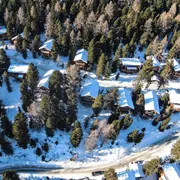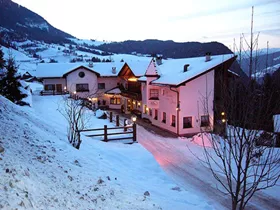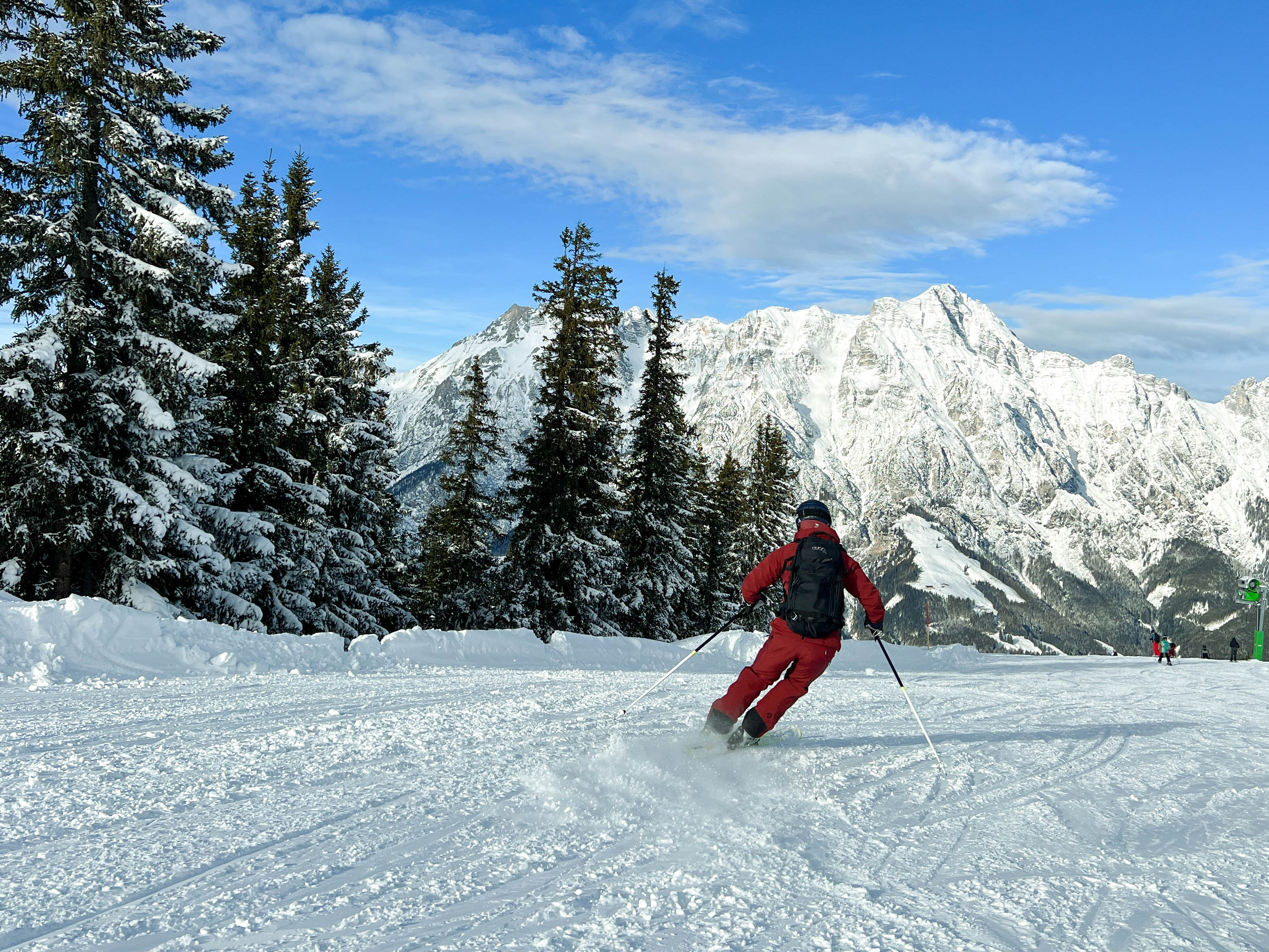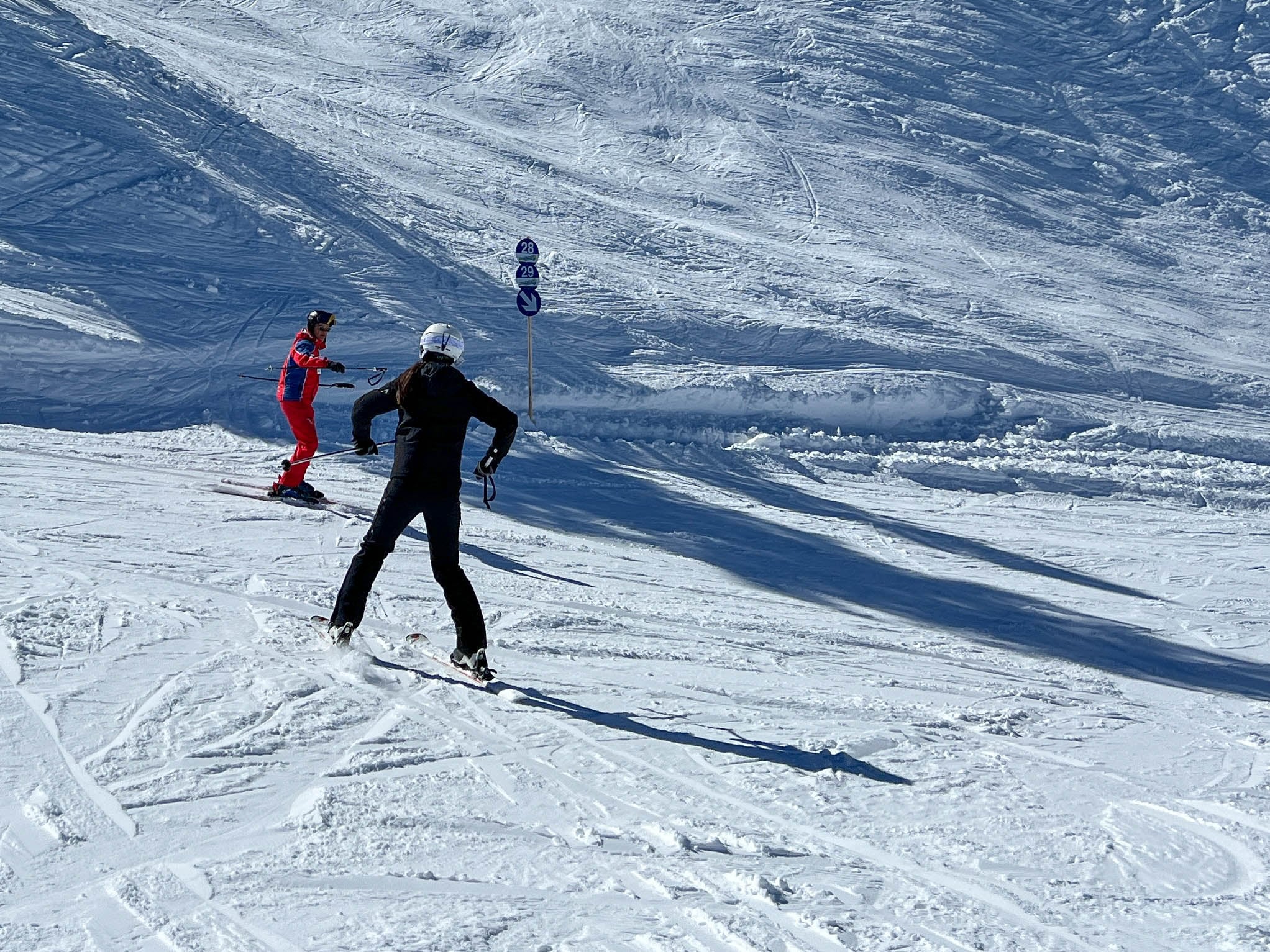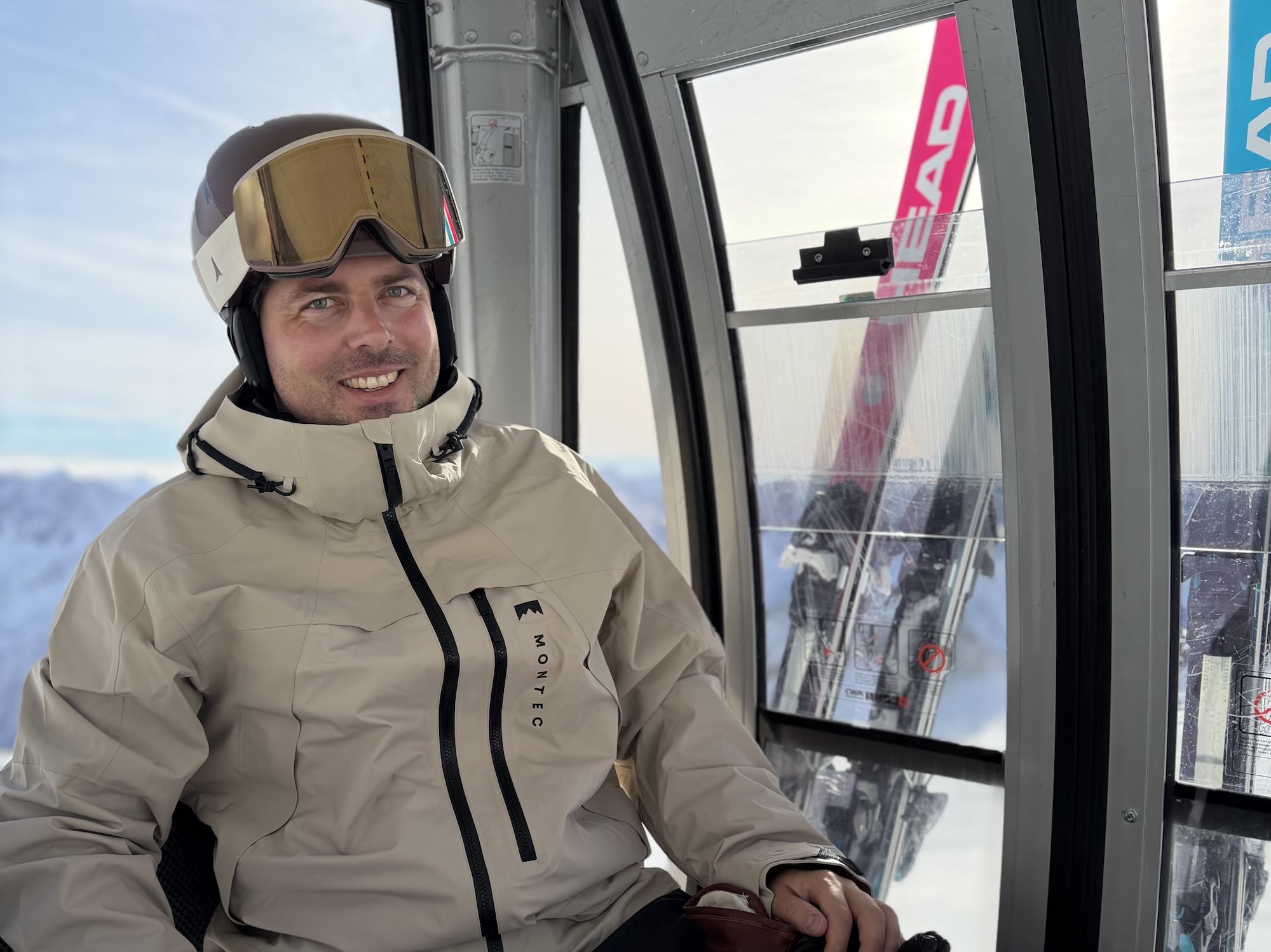

A new study released this week in the Journal of Trauma and Acute Care Surgery claims that the rise of helmets in ski areas may not be the blessing we all thought it was. While helmets do protect against certain injuries, the researchers found that helmeted skiers and snowboarders were more often seriously injured than non-helmeted skiers and snowboarders.
Study results
Two surgeons conducted an 8-year long study on 721 patients and found that while helmets do protect against head injuries like skull fractures neck injuries, helmeted skiers and snowboarders are actually more likely to suffer severe injuries. Helmet use has almost doubled since the beginning of the study, from 43% to 81% of skiers and snowboarders, yet the overall rate of head injuries has stayed more or less the same.

Wearing a helmet doesn't make you invincible
Researchers found that while helmets protected people against cervical spine injuries, skull fractures and scalp lacerations, helmeted patients more frequently suffered severe injuries instead. This is likely because wearing a helmet gives many people the sense that they are invincible, leading them to eschew safe skiing practices and take risks. Indeed, helmeted skiers and snowboarders were more likely to fall from great heights or crash into stationary objects such as trees.
What does a helmet protect against - and what doesn't it protect against?
Just like when you're riding your bike, a helmet obviously helps protect against bumps on the head when you fall, and a helmet may also come in useful if another skier or snowboarder crashes into you. However, many people claim that wearing a helmet can increase the torque of your head in a fall, which leads to a greater risk of injuries to your neck and spine. Many helmets today also impair your hearing, a reason that some ski patrollers have cited for not wearing a helmet.
Following safe skiing practices
Personally, I first started wearing helmets about a decade ago just like everybody else, but only when I planned to ski tougher terrain such as slopes with exposed rocks and dropoffs. When not wearing a helmet, I was careful not to take certain risks. Today I wear my helmet 100% of the time, but I also notice a lot of people on the slopes skiing way too fast and out of control, and I wonder if helmets are responsible for giving us a false sense of security. Regardless of whether you're wearing a helmet or not, it's just common sense to ski in control and leave a wide berth around other skiers.

